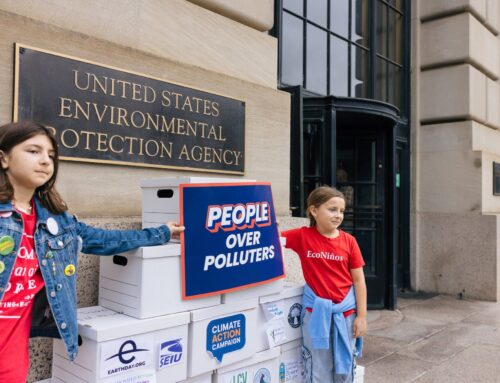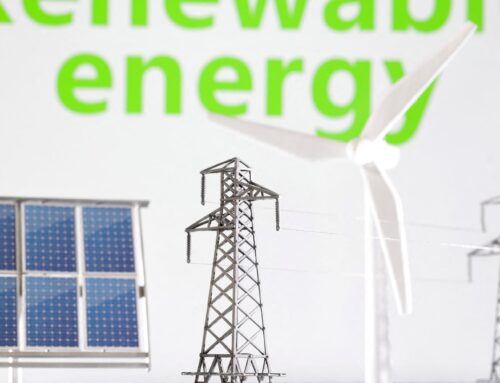South Lake Tahoe City Council to look at changing cannabis rules, again
November 2, 2025
SOUTH LAKE TAHOE, Calif. – Since recreational adult-use cannabis was legalized in California in 2016 with the passage of Proposition 64, the topic of cannabis has been on numerous city council agendas in South Lake Tahoe.
The original cannabis ordinance in 2018 took months to complete, with dozens of public meetings and workshops and a panel of residents created to hash out the details before the council would approve it.
Then right before it was to take affect, a petition signed by about 1,400 people stopped it. The fight to stop the ordinance was led by Cody Bass as the owner of Tahoe Wellness Cooperative before he was a city councilmember. His business was a medical marijuana dispensary, and those who signed the petition were told that he’d be out of business, thus eliminating their medical-use marijuana, if the city passed the ordinance.
All parties worked through another ordinance, one that gave Bass three years to bring his business to the terms outlined in the ordinance. In that three years the zoning for his location was changed to allow cultivation, something limited to certain areas.
Part of the process of people getting one of the available licenses, applications were scored on multiple topics, including points available for direct economic benefits provided to the city in the “Development Agreement Application Guidelines for Operation of Cannabis Businesses in the City of South Lake Tahoe.” The community impact fee was created to be based on actual costs to the City and a community public benefit between 0-8 percent of gross receipts received, with points awarded on the application based on the percentage offered.
In May 2021, the City Council committed to allocating up to 50 percent of the previous year’s cannabis revenue to a community benefit grant program. The grant program was intended to award funding annually to South Lake Tahoe organizations whose projects contribute to mitigating the potential negative impacts of the cannabis industry in the city, and which help promote and address the priorities of the City Strategic Plan, including Built Environment, Recreation and Equitable Access, Community for All, Economic Development and Continuous Improvement.
Then came Measure G in 2022. The ballot initiative passed with 62.95 percent of voters supporting replacing an existing community benefit fee with a formal cannabis and professions tax. Cannabis retailers were against this as it established a tax of up to 6% on retail, distribution, and manufacturing gross receipts and $20 per square foot of cultivation canopy, generating significant revenue for the city and local non-profits. The measure indicated strong voter support for continuing legal cannabis operations and using the revenue for essential services like public safety, snow removal, and youth programs.
In January 2024, council removed the development agreements due to the business and provisions tax approved by voters in 2022. The community benefit fee collected through development agreements was then offset by the amount of the tax. The Measure G tax rate of six percent on retail sales was expected to be consistent with the previous payments.
In September 2025, cannabis business owners complained to the council that taxes were too high on top of their other fees and wanted the six percent dropped to one percent. Council asked staff to research and bring back information to have the tax at three percent. That topic will be addressed during this Tuesday’s council meeting along with eliminating the Public Safety Mitigation Fee. Currently, the City collects approximately $900,000 annually in cannabis tax revenue from four licensed businesses. In addition to the 6% cannabis tax, businesses are responsible for a) Public Safety Mitigation Fee: $18,750 or $26,250 (if cultivation is involved); b) Public Safety License Fee: $1,190 annually per business.
City council has approved community benefit grants of 50 percent of the cannabis tax revenue, giving the city $450,000 and local nonprofits who work to mitigate the effects of cannabis use in the community. If the tax is cut in half along with the removal of the other fees, it is expected to result in an estimated $450,000 revenue loss for the City. Eliminating the public safety mitigation fee will result in an additional $82,500 revenue loss. These reductions will impact the community grants, infrastructure, and public services funded by these revenues.
Funding for the permanent police officer position, currently partially supported by the public safety mitigation fee, will need to be funded from the reduced cannabis tax revenue.
With only four council members remaining at this time, and one (Bass) having to recuse himself during this agenda item, there will be just three voting on this – Robbins, Roberts and Jinkens.
For the full agenda, and instructions on participation for the 9 a.m. meeting, visit https://www.cityofslt.gov/84/Watch-City-CouncilCommission-Meetings.
Search
RECENT PRESS RELEASES
Related Post




